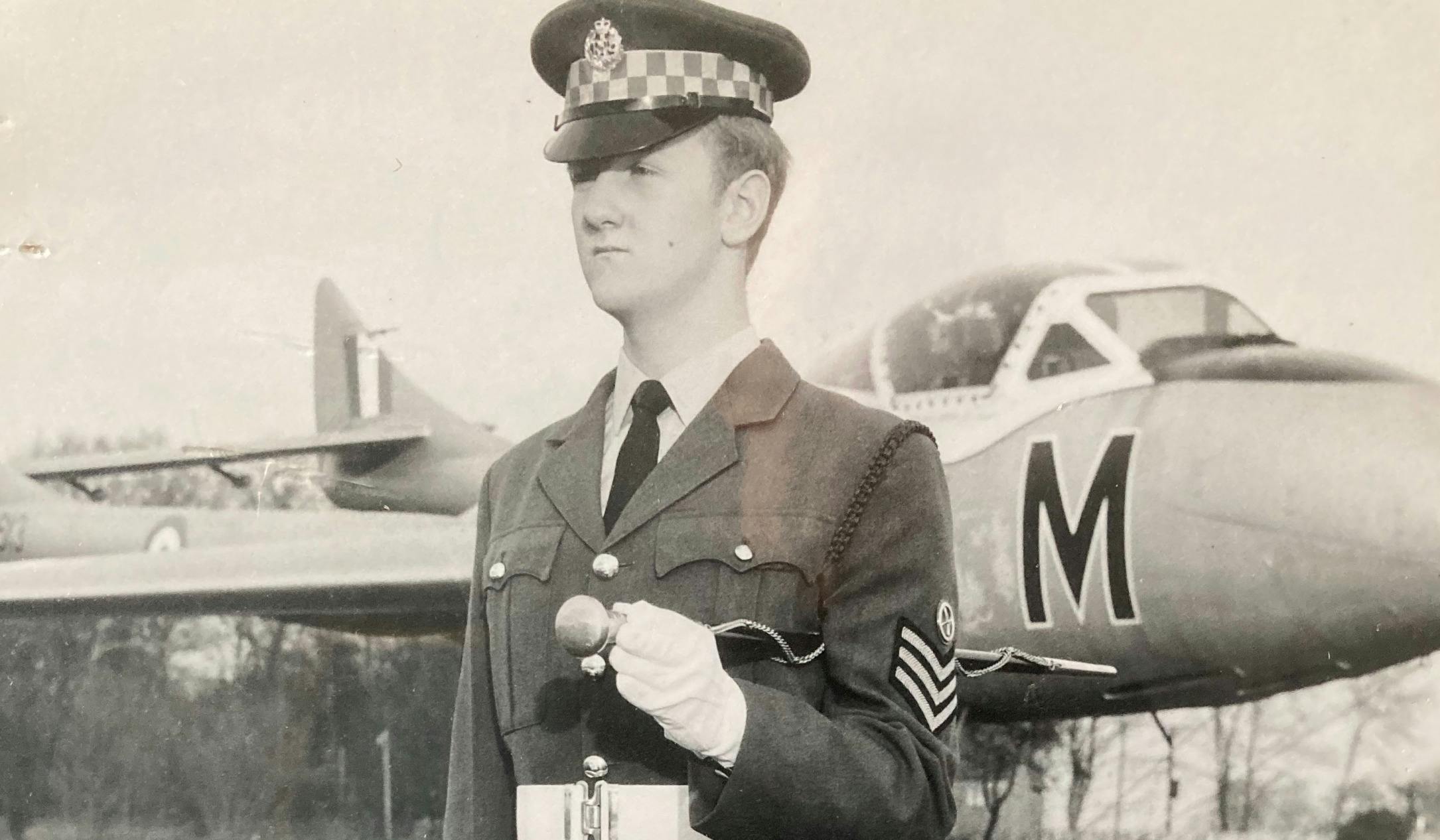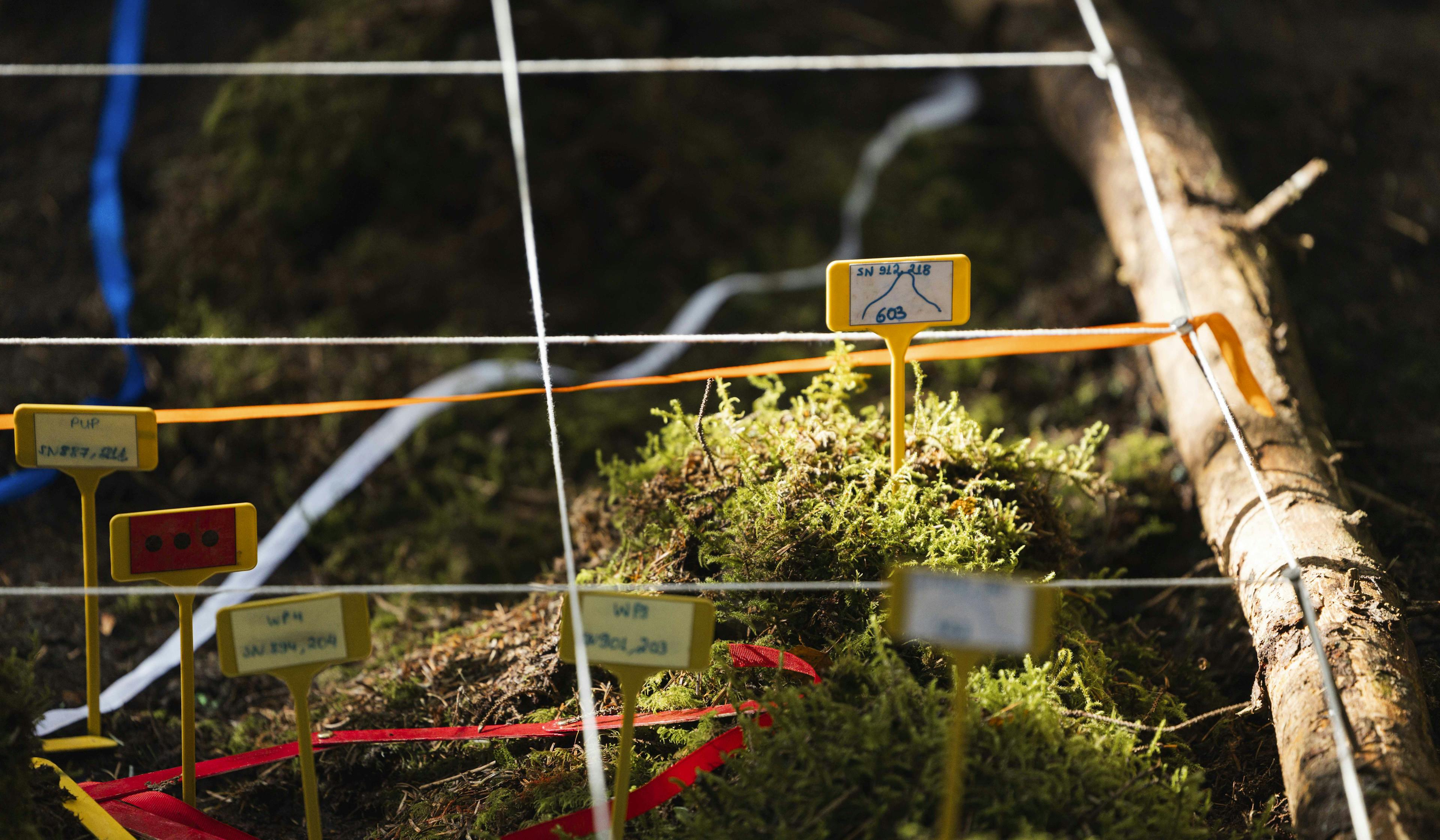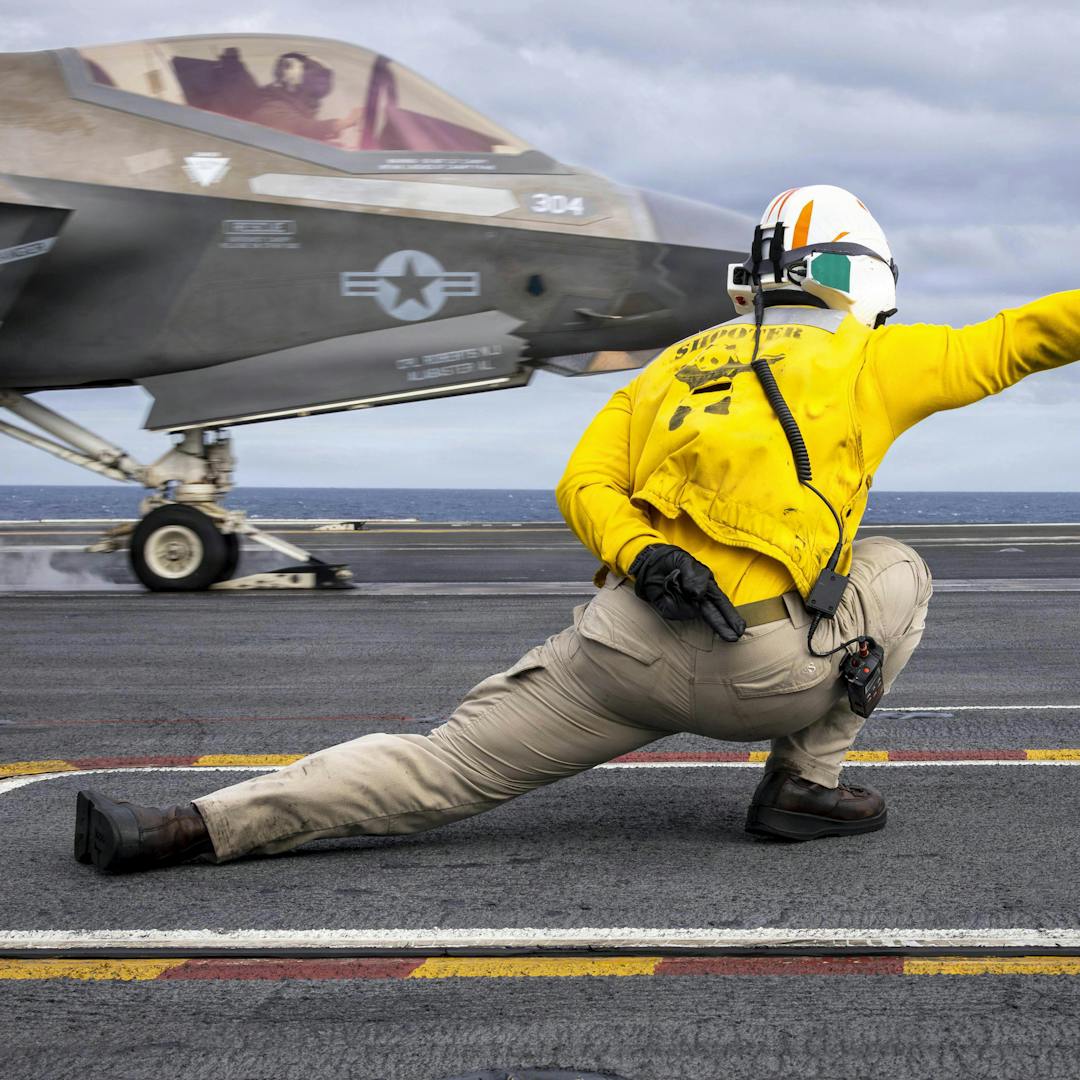Back to news & insights
An apprenticeship can take you further than you may think
Two of our specialist advisers share their apprentice stories, giving an inspirational insight into how far the skills that you learn during an apprenticeship can take you.

Apprenticeship – so much more than training,
Fred Harbottle, Military Advisor
I completed my RAF Flight Systems Apprenticeship 47 years ago and arrived in my first workplace knowing I was following many others who had trodden the same path over many years. The training had been much more than technical study, it was a recipe for self-confidence, teamwork and respect for my colleagues and my Service. I felt not only proud of my new status but also of my uniform and what it meant to be an airman.
Armed Forces apprenticeships are tough. Students have to complete their technical training plus fitness training and general service training. This includes hours on the parade square, on the weapons ranges, completing expedition training, and learning how to present oneself in an immaculate uniform with super-clean barracks. Military culture is unique
After seven years in the ranks, I commissioned and became a pilot. The selection and training were not as daunting as my apprenticeship because my apprentice training drill sergeant (Alec Talboys RIP) had taught me not to fear anything – avoid, accept or confront, and ideally the latter. I was lucky enough to be presented with the Sword of Honour from my Officer Training Course and, I as left the parade ground with my prize, a senior service colleague said “I expect you are very proud of that prize”; I was. The citation stated that those presented with the sword would go further in the RAF than their cohorts; however, statistics show that the fact that commissioned ex apprentices are more likely achieve higher rank than Sword of Honour winners.
I went on to serve almost four decades in the RAF with assignments with all three Services as well as the United States Air Force, NATO and the Foreign and Commonwealth Office (FCO). I’ve travelled the world and flown nine different aircraft types, I now have extensive knowledge of autonomous systems operations and regulation, as well as security equipment and procedures.
In my journey from flight systems apprentice to pilot to diplomat, I have been lucky enough to command the team controlling the UK Air Defence Region, to specialise in command and battle space management and be the custodian of the MOD’s Information Operations Doctrine. I have also taught leadership, planning and strategy at the Joint Staff College (post graduate) and counter terrorism and crisis management with the FCO in Pakistan.
Apprentice training prepared me perfectly for my Service life and gave me the functional skills and the mental resilience which have remained with me throughout my life. The hands-on nature of apprentice training gave me an inherent feel for the technical systems in the aircraft I flew, which could never have been gained from manuals and study alone.
These qualities took me from a few O levels to masters degree; from apprentice engineer to flying instructor and senior rank followed by 12 years as an independent consultant and more recently to provide Canny Comms clients with context and understanding of the military environment.
And yes, if I were beginning the journey again, especially with the benefit of hindsight, I would start my career in exactly the same way and with great enthusiasm. I would love to be the principal of a University Tech College; such is my belief in the power and benefits of vocational training.
From apprentice to the board of BAE Systems Maritime Services
Les Gregory, Industry Advisor
In October 1973, I took an 18 minute walk from my home to start a four year apprenticeship at the then Plessey Radar at Cowes on the Isle of Wight. I had hair and ambition in equal measure and was armed only with a handful of O levels and a vague feeling of irrational optimism, having taken the decision to leave school earlier than most of my peers.
Forty-six years later, I have less hair and a more refined, perhaps balanced, set of ambitions.
During the intervening years it has been a pleasure to work on some of the country’s most ex-citing defence programmes and, as most people in my position would hopefully say, privileged to work with some of the most gifted and talented people you could hope to encounter.
An apprenticeship is a fantastic way to enter the world of business. During four years of work on the shop floor, in drawing offices and laboratories, I developed skills and capabilities which, at the time, I hardly recognised but have been of massive value throughout my career. By the time I went to University, I was much better equipped, with more practical knowledge and discipline than most of those who had come straight from sixth form.
After graduating, I worked in engineering and, over the years, covered project engineering, marketing, business development, overseas sales support and various levels of management; on the way encompassing almost every aspect of the business. I’ve helped develop new technologies, been part of many business re-organisations, closed and moved sites, been part of the team which acquired and integrated new businesses, sold bits of business AND re-structured. I’ve developed and implemented strategies, managed business winning campaigns and run major projects of national importance.
During the years up to the end of my time with BAE Systems, I ran a £260m turnover business within the larger corporation: we had 1200 people on five major sites and five business streams, one of which was the radar business at which I’d started work 40 years ago. We de-signed, developed, built and supported advanced radars, the world’s most sophisticated torpedoes and fast boats: we manufactured critical assemblies for other companies’ mission critical equipment; established and managed advanced warfighter training for above and sub sur-face operators and set up an information management business.
Not bad for a boy with a handful of O levels. Now I have the pleasure of sharing this experience with Canny Comms and its clients.
More news & insights

She's the Expert
Last updated: February 2026

Part 2 - While Whitehall reorganises, what should defence companies actually do?
Last updated: January 2026

Part 1 - When rebranding could cost £100 million: What America's "Department of War" teaches us about defence communication
Last updated: January 2026